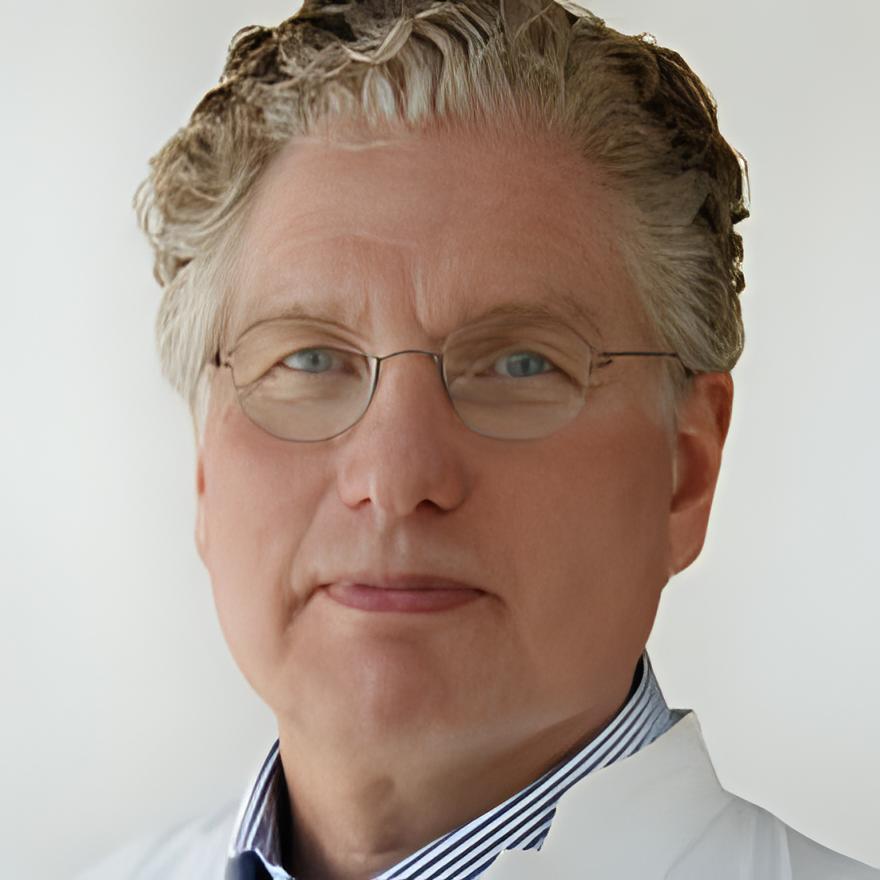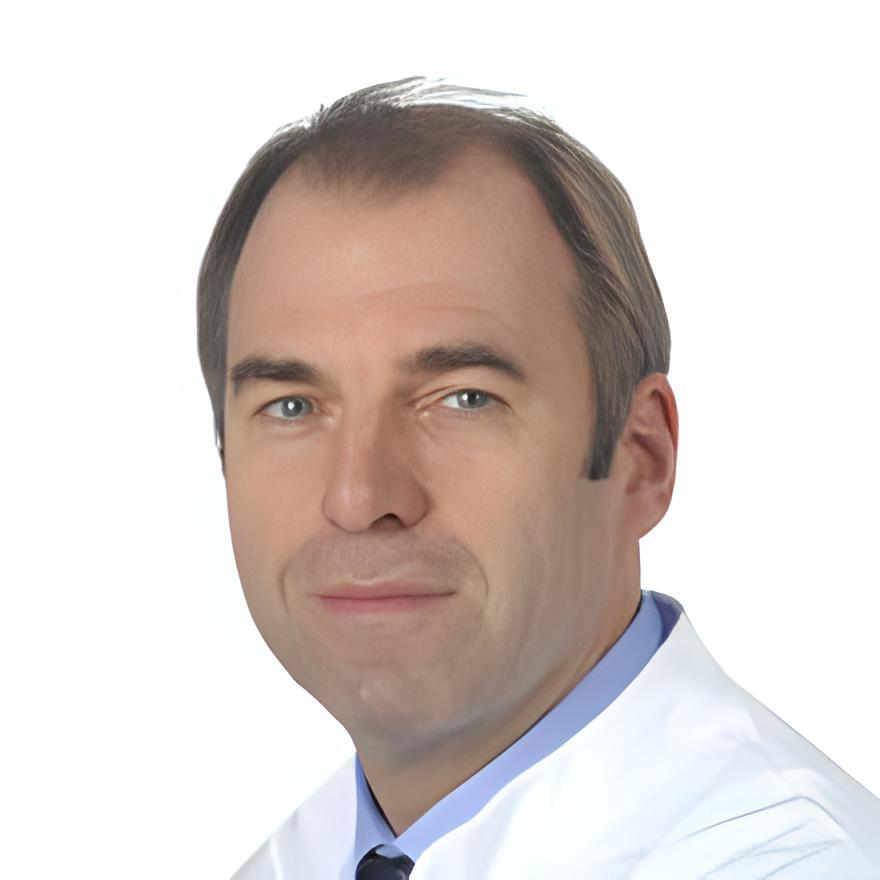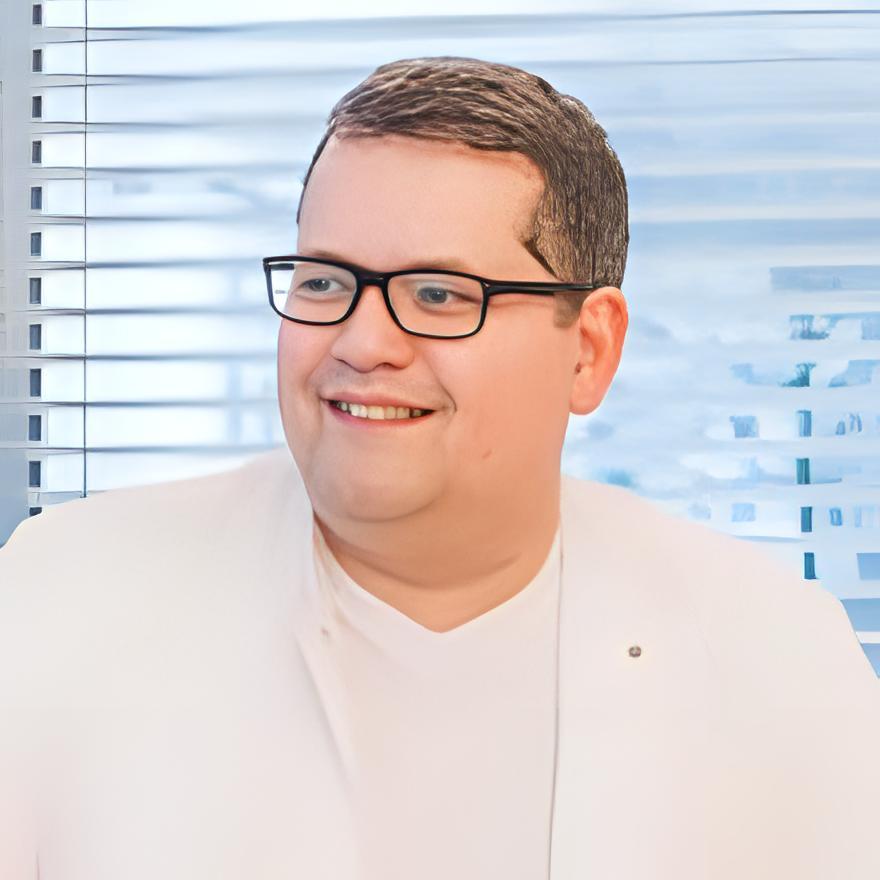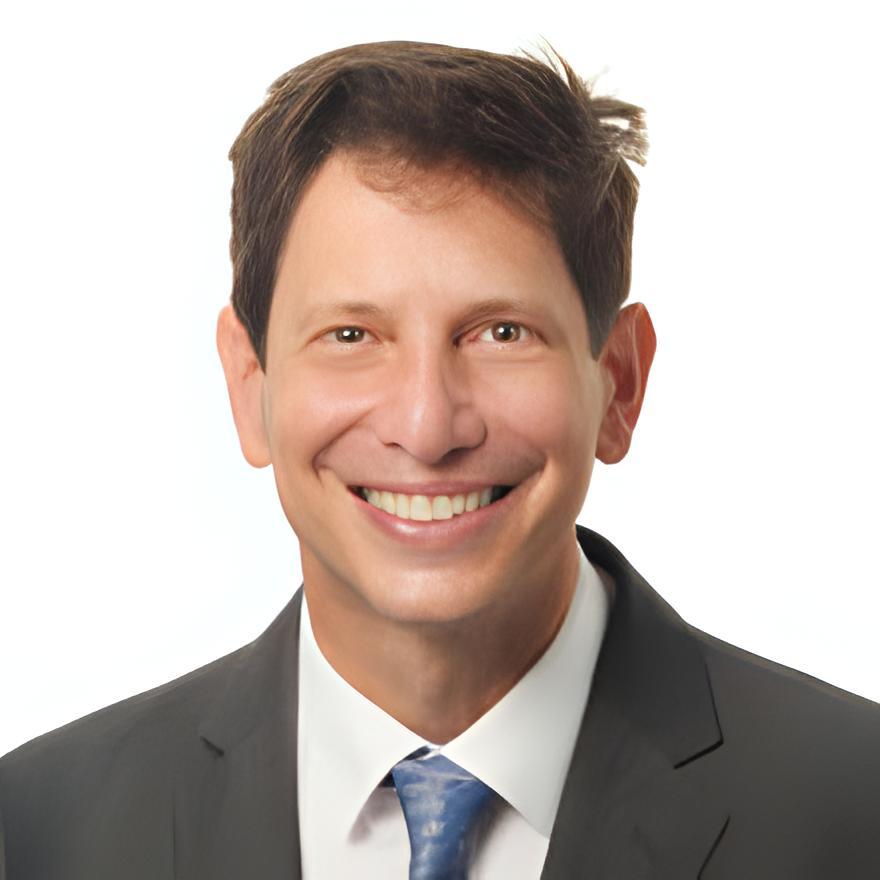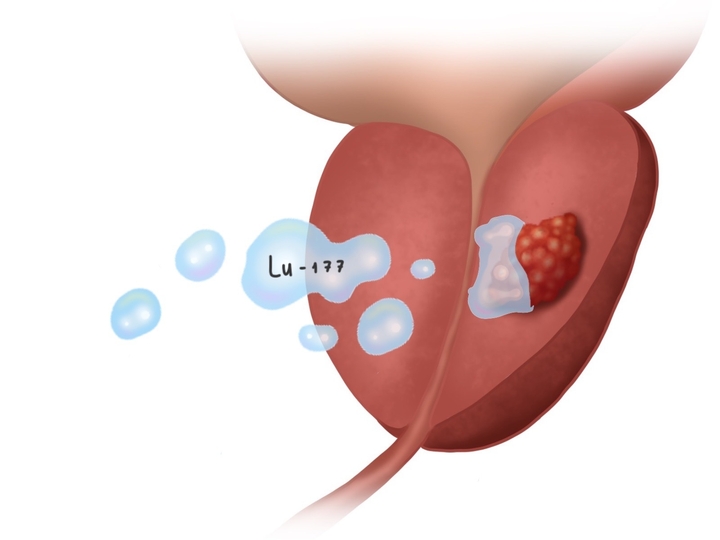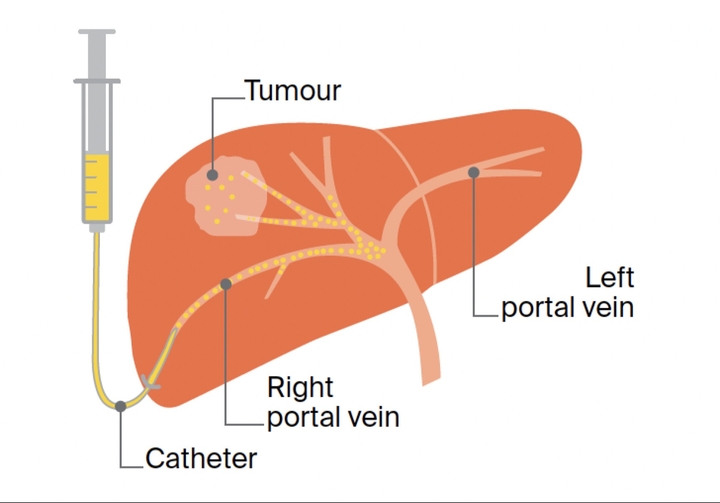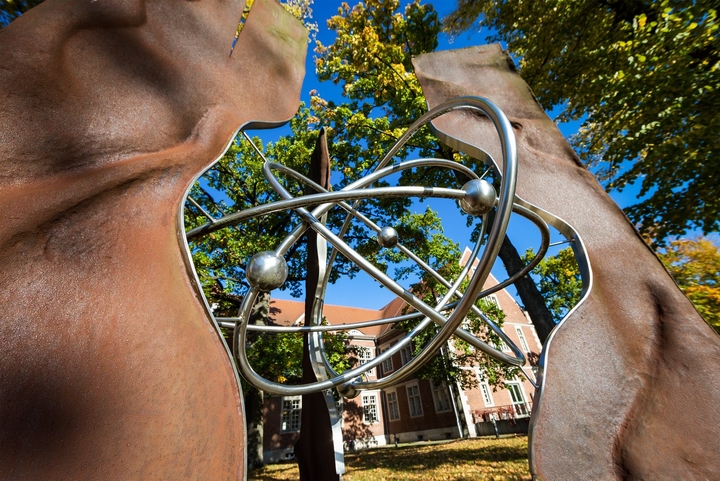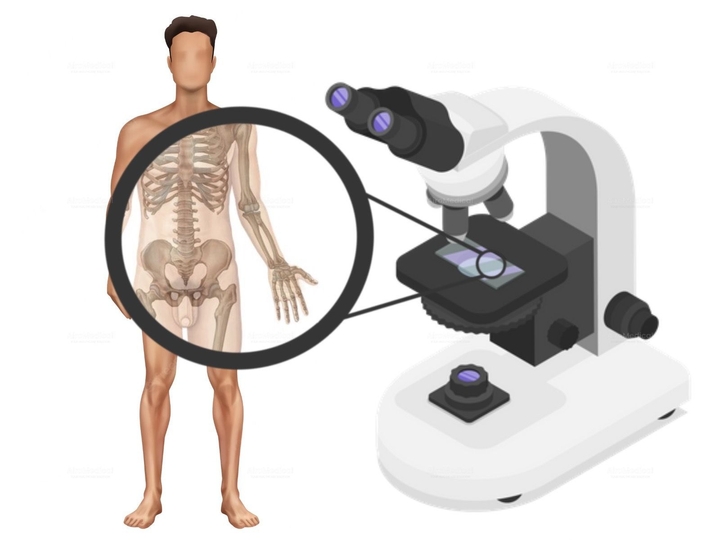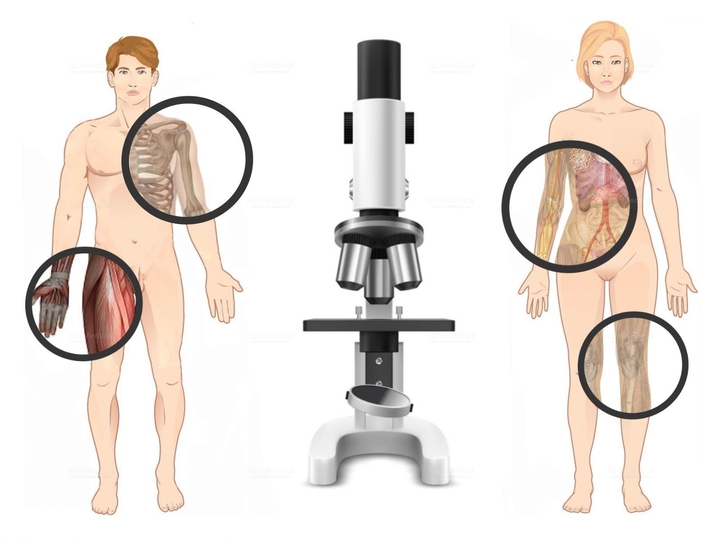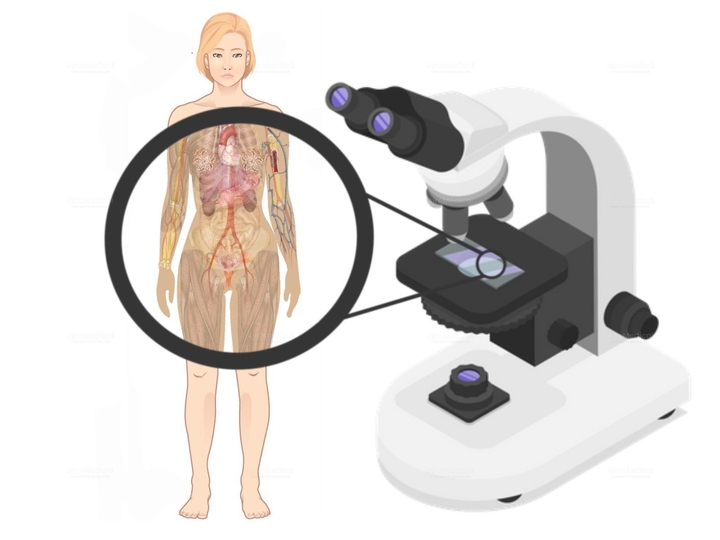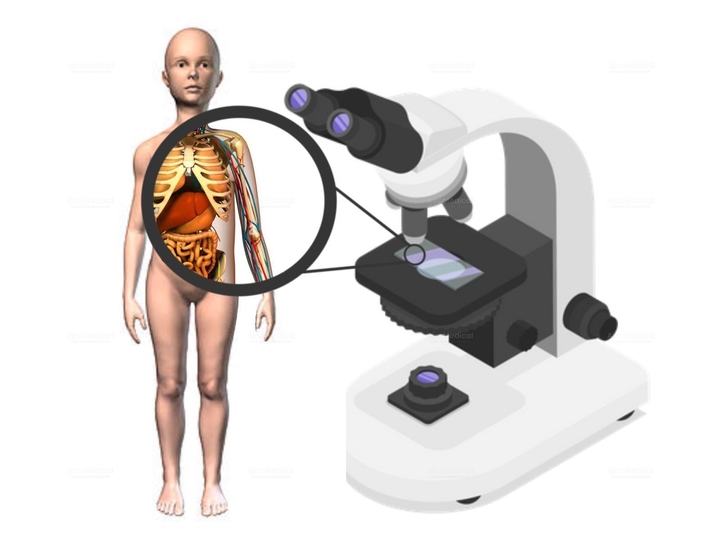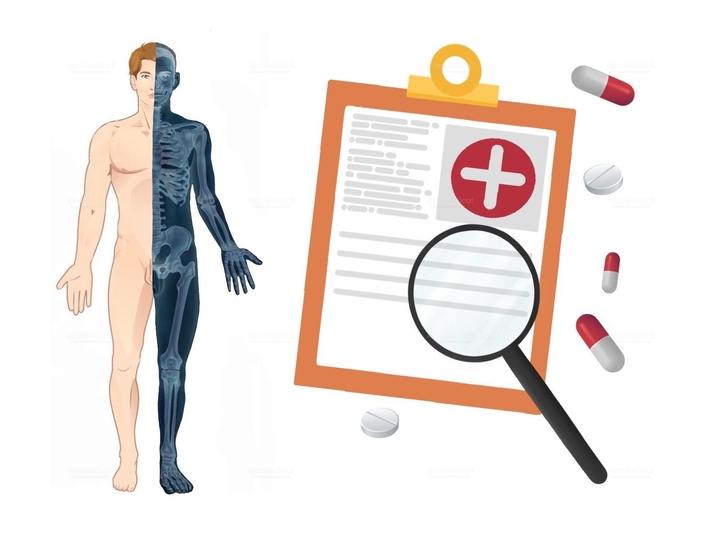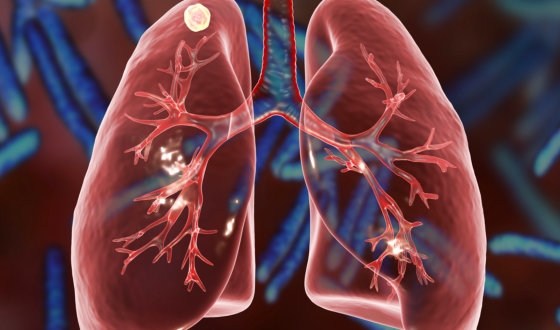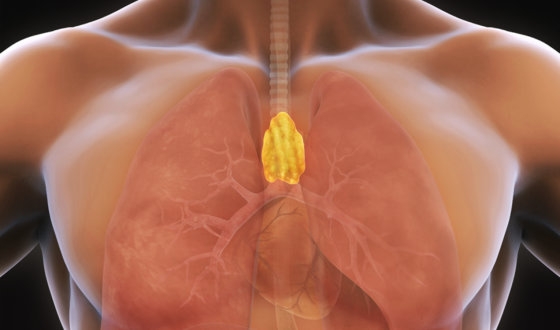Thoracic (Chest) Surgery Worldwide: Best Hospitals, Doctors, Options, & Cost
In answering the question of what thoracic surgery is, it’s essential to know that it focuses on diagnosing and treating conditions affecting the chest cavity. Each skilled thoracic surgeon performs various procedures. And the importance of them is hard to overestimate.
Look at some examples. Pulmonary surgery allows breathing easier in 60% of more than 200,000 patients with lung cancer. Approximately 500,000 coronary artery bypass grafting (CABG) procedures improve blood flow to the heart and save patients from death. About 18,000 new esophageal cancer cases need surgical interventions to help them receive food. These numbers are only for the USA per year.
Each thoracic surgeon improves and saves lives by treating various health issues. These include thoracic trauma, emphysema, chronic obstructive pulmonary disease (COPD), chest wall deformities, congenital heart defects, heart valve disorders, and mediastinal tumors. They also address thoracic outlet syndrome (TOS). In this condition, blood vessels or nerves between the collarbone and first rib are compressed, leading to various symptoms. Through their expertise, these surgeons make a significant impact on countless lives.
Best thoracic surgery clinics worldwide
How to find the right thoracic surgery center?
Suppose you require complex lung surgery or rare chest tumor intervention. In that case, selecting a hospital with thoracic surgeons specializing in your medical need is crucial. The best thoracic surgery centers have central departments such as cardiology, angiology, anesthesiology, imaging technology, endoscopy, ambulance groups, and intensive care.
Hospitals may have different ways of performing operations, so it's essential to confirm beforehand if they offer the best option for your case. Famous thoracic centers use innovative treatments like HITHOC and minimally invasive surgeries, such as video-assisted, robotic, and video thoracoscopy, keyhole surgery, and VATS-lobectomy, to complement traditional methods and achieve successful outcomes.
Our team created criteria to select the top thoracic hospital. AiroMedical helps to find a clinic with a narrow focus on your issues and many chest, lung, and mediastinum operations. We always advise patients to check reviews, clinic qualifications, and certifications before the final decision.
Best thoracic surgeons worldwide
Tips for choosing the best cardiothoracic surgeon
Based on professional requirements and adherence to certain standards, various criteria can determine the competence of a skilled thoracic surgeon. Chest wall and lung surgery require the doctor to have updated knowledge and certification, which can be obtained through regular training courses.
Among the crucial criteria are each particular doctor's surgical experience and success rate. In addition, patients must check whether a surgeon is trained to use robotic systems and video-assisted approaches in their practice.
At AiroMedical, we have selected the most skilled and sought-after thoracic surgeons worldwide. Our selection process is based on many factors, including education, treatment methods, range of services, annual number of operations, and clinical focus. We provide detailed profiles of renowned thoracic surgeons on our website to help you choose a trustworthy professional.
What is the diagnosis before your lung surgery?
Before your lung surgery, a thorough diagnosis is essential to ensure the right treatment plan is created. It involves a series of tests, studies, and consultations to accurately identify the issue and determine the most effective approach from the thoracic surgeon. Some of them are:
Full-spectrum tools and imaging tests
Latest and more invasive tests
A diagnosis before lung surgery involves evaluations to identify the issue accurately. AiroMedical can assist in finding specialized hospitals and the best thoracic surgery options tailored to your needs, ensuring an optimal outcome for your condition.
Top offers
Advanced treatment options in thoracic surgery
Thoracic surgery has seen significant advancements in recent years, offering patients more effective and minimally invasive treatment options.
Types of thoracic surgery
Latest treatment solutions and thoracic procedures
Newer, minimally invasive techniques in thoracic surgery lead to better results, quicker healing, and fewer problems than older methods. Some of them are:
More specific treatments
New methods in chest surgery help speed up healing, leading to faster thoracic surgery recovery, better results of each thoracic procedure, and fewer problems than older ways. Both old and new techniques aim to improve patients' overall well-being.
Thoracic (chest) surgery cost worldwide
Benefits of medical travel for lung and chest surgery
The advancements in thoracic surgery have led to better outcomes for patients with various surgery chest and lung conditions. However, access to these cutting-edge treatments may be limited in some regions. Medical tourism allows patients to receive world-class care from leading clinics and specialists.
Seven advantages of booking thoracic surgery with AiroMedical
At AiroMedical, we understand the challenges and uncertainties of seeking medical treatment abroad and thoracic surgery in detail. Our goal is to provide a comfortable and supportive patient experience, as a positive mindset is crucial for a successful recovery.
By choosing medical tourism for the thoracic procedure, you can access advanced treatment options and a personalized approach to your health. To begin your journey, submit a request and take the first step with AiroMedical.
How AiroMedical can help you
Read more in our blogs
FAQ
What are the best clinics for Chest Surgery?
Who are the best doctors for Chest Surgery?
Prof. Dr. med. Roland Ladurner from
Martha-Maria Hospital Munich
Prof. Dr. med. Hans Hoffmann from
University Hospital Rechts der Isar Munich
Prof. Dr. med. Helmut Michael Friess from
University Hospital Rechts der Isar Munich
Prof. Dr. med. Jens Werner from
University Hospital Ludwig-Maximilians Munich
Dr. med. Niels Huschitt from
Bundeswehr Hospital Berlin







